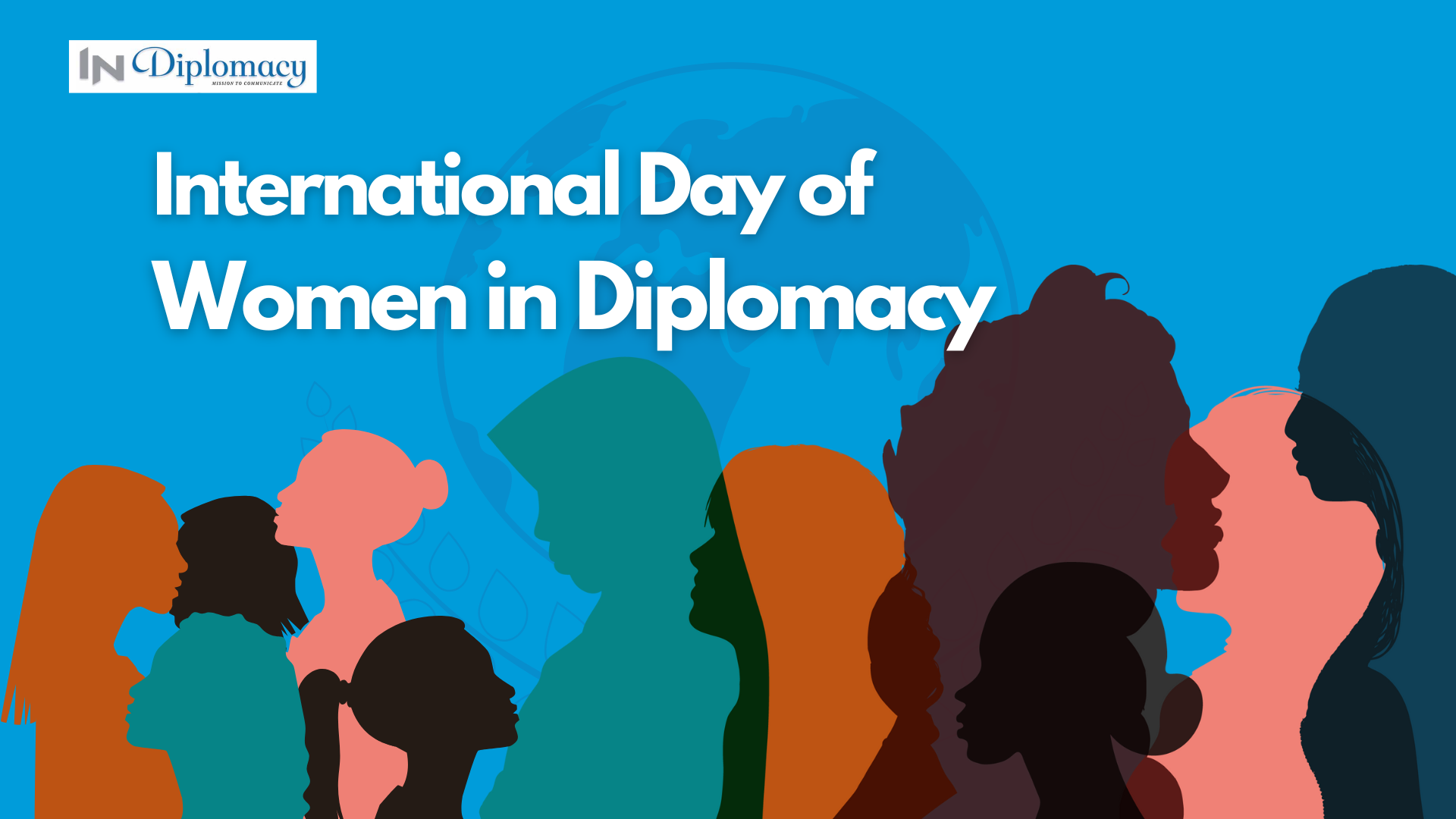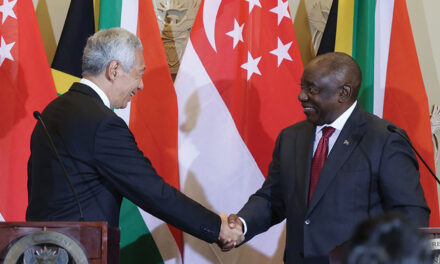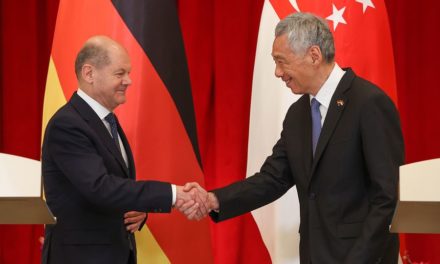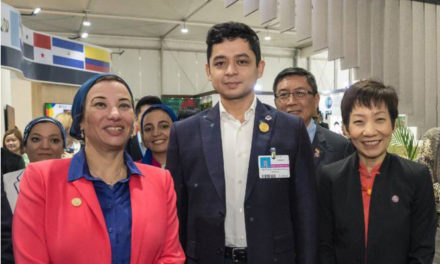
Observed on 24 June, the day calls attention to systemic barriers facing women in global leadership and diplomacy, while reaffirming the commitment to gender equality and inclusive governance.
The International Day of Women in Diplomacy is being marked globally on 24 June 2025 with renewed urgency to dismantle structural barriers that hinder women’s full participation in diplomatic and political leadership. Despite international commitments to gender equality, women remain underrepresented in key decision-making roles, and progress has been uneven or in some cases regressing.
According to UN Women and the Human Rights Council, women continue to face deep-rooted obstacles such as gender stereotypes, discrimination, and political violence—both online and offline. These challenges limit their access to leadership, particularly within foreign policy and critical portfolios, where representation remains largely male-dominated. The growing threat of political violence has further discouraged participation, prompting calls for stronger institutional reforms.
In 2025, however, women are playing a growing role in shaping foreign policy agendas. As legislators and diplomats, they bridge domestic gender goals with international cooperation. From advancing peace and security to advocating for inclusive governance, women’s leadership contributes to a more representative and resilient global order.
The observance of this day stems from a resolution adopted at the 76th session of the UN General Assembly, which proclaimed 24 June as the International Day of Women in Diplomacy. The resolution encourages member states and institutions to raise awareness through education and public engagement.
As noted by UN Deputy Secretary-General Amina Mohammed: “We must all do everything possible to ensure women are at the table, our voices heard and our contributions valued.”
Source: United Nations
















